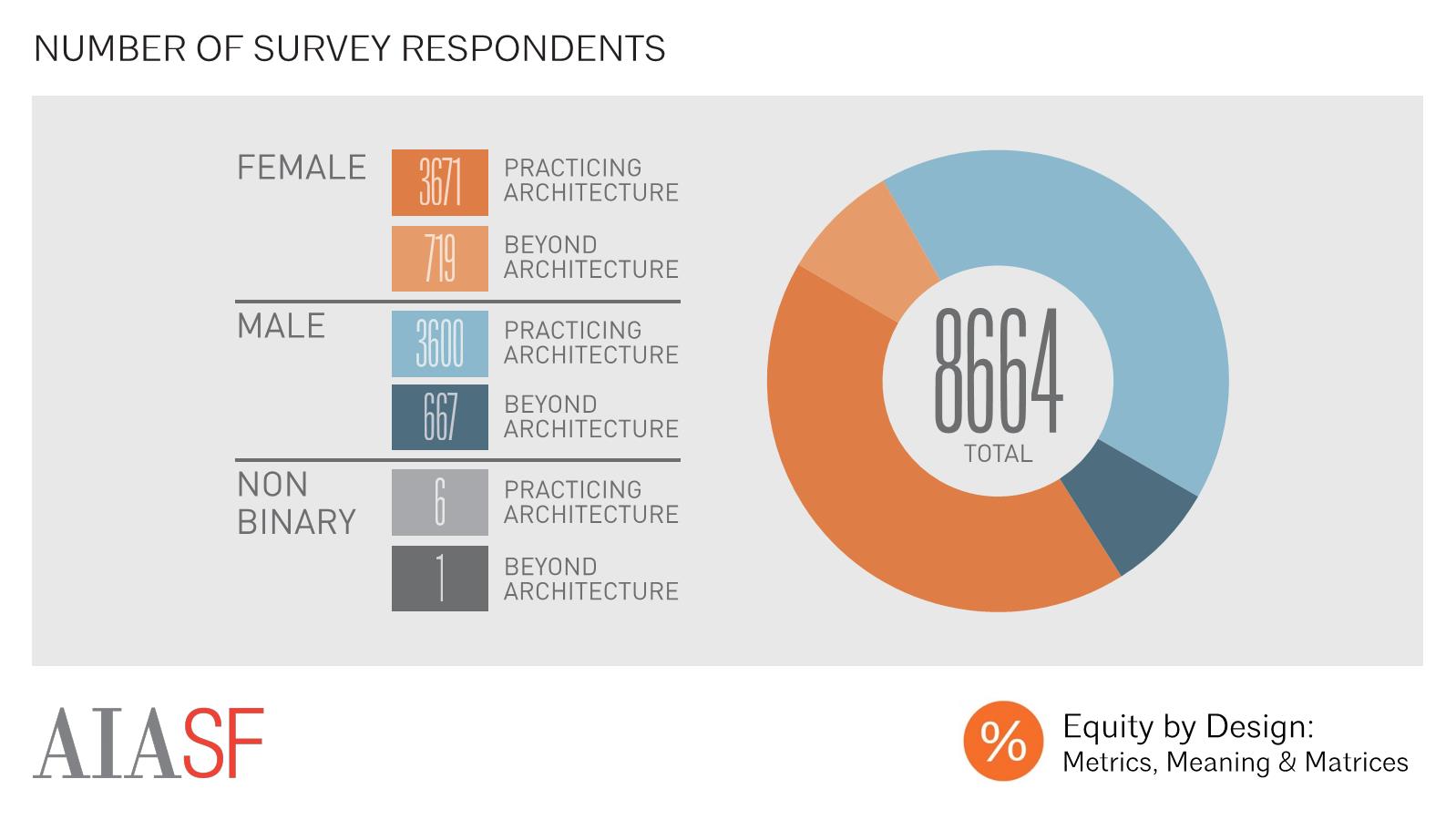Infographic Slides 2017

Metrics of Success
On average, male respondents’ career perceptions were more positive than those of their female counterparts. When asked about the relative positivity or negativity of their career perceptions across 14 categories from “work –life flexibility” to “promotion process ”to their likelihood of staying at their job for the next year,” male respondents’ average perceptions were more positive than female respondents’ in every category. The largest gender gaps indicated significant differences between men’s and women’s likelihood of feeling energized by their work (male respondents 7% more likely), likelihood of “having a seat at the table”, or being included in one’s firm’s decision-making process (male respondents 6% more likely), and likelihood of planning to stay in one’s current job for the next year (male respondents 6% more likely).
There were also areas of work-life that tended to be viewed more positively or negatively by all respondents: average perceptions of autonomy, satisfaction, and confidence tended to be most positive for respondents, while respondents’ average perceptions of their firms’ promotion processes, their work-life flexibility, and their workloads were least positive, on average. Male respondents perceptions were more positive, on average, than female respondents’ perceptions in each of these categories. We did not observe significant differences in career perceptions on the basis of race or ethnicity.

